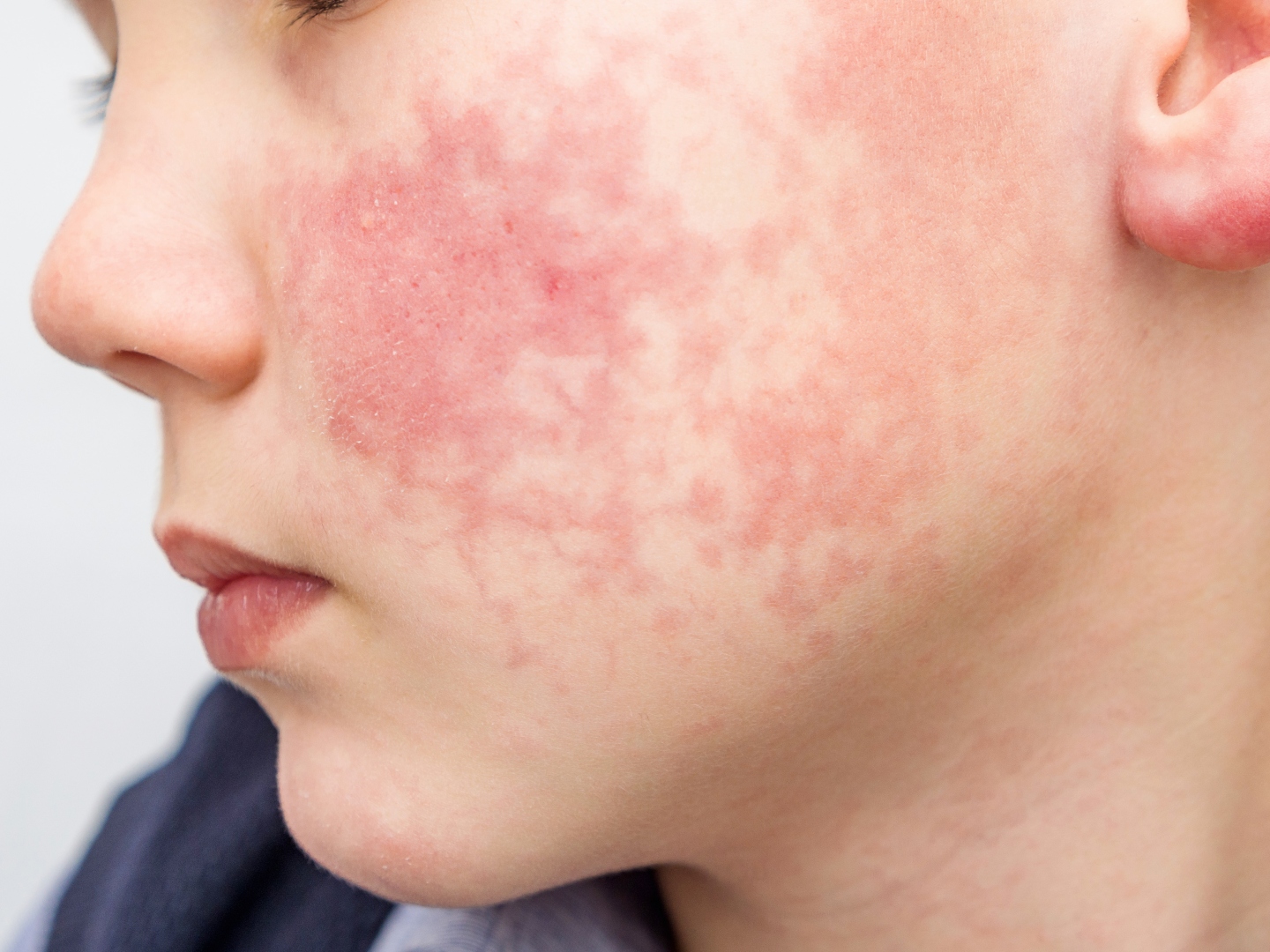A question always arises: Can you press charges on a minor? A minor who has committed a crime has somewhat more challenging circumstances, but committing a crime always carries heavy penalties. The filing of criminal charges against a youngster can cause great concern for the accused individual as well as their family members. There might be several inquiries. Some people do ask: Can a minor be charged for fighting? In the absence of parents, can a juvenile file charges? Is it possible to charge a minor with assault?
A Minor: What Is It?
Let’s start with some information on what constitutes a minor. Anybody younger than the age of majority is a minor. Generally speaking, it’s 18. It’s 19 in Nebraska and Alabama. It’s 21 in Mississippi.
Children are usually under the legal guardianship of their parents during the time they are minors. In addition to being in charge of providing for and teaching their minor children, parents also typically have the authority to decide what is best for their child.
A court may designate a legal guardian for a child in certain circumstances (usually in connection with custody issues).
Can Tou Sue a Minor?
Under common law, which is derived from court rulings, minors are entitled to file and receive lawsuits. However, individuals lack the legal ability to participate in court cases under their names. They must act through an adult in court while they are minors.
That adult is either your “next friend” or, if a court appoints them, your “guardian ad litem.”
There was a difference between these terms based on the context and whether the minor was suing or being sued. They essentially have the same purpose now. They must represent the child’s best interests throughout the legal proceedings. The child is the true party in interest in the action, even though they might be the guardian ad litem.
The Real Issue With Filing A Minor’s Lawsuit
The fact that hardly anyone sues a juvenile is one of the reasons why many people believe this to be true. That’s because the majority of children are impoverished. Of course, there are some exceptions. Practically speaking, though, if you win, the child owes you nothing. In most cases, you can garnish an adult’s income or bank account to satisfy a judgment you win against them. There may be no earnings or bank accounts to garnish while suing a child.
It’s difficult to sue the minor’s parents too. The general norm is that parents are not accountable for the wrongs their minor children commit unless the youngster participates in willful or wanton wrongdoing, though state laws may differ. Some states place a cap on the amount of money and damages that parents will pay due to willful and wanton misbehavior. However, in most cases, it might not be financially wise to sue a child.
But financial gain isn’t the only factor. It’s the principle, sometimes. Now let’s talk about eight scenarios where you can successfully sue a kid in court.
Can You Press Charges on a Minor: Suing A Minor For Defamation
Let’s say a young neighbor spreads false information about you on social media. Litigate against them for slander.
Defamation comes in two flavors: slander, and libel. You would file a libel suit here.
Can You Press Charges on a Minor: If a minor causes personal injury, you can sue them.
Let’s say that when you are mowing your lawn, that same neighbor youngster “accidentally” shoots you with a pellet pistol. If they are careless, you can sue them.
However, the child’s age and level of maturity determine how culpable they are. In general, a state is less likely to let you sue a kid in a civil case the younger and less developed the child is.
A child is subject to a different standard of care, even though state law permits you to sue them. In general, individuals have to behave in a reasonably prudent manner under the same or comparable circumstances by law. On the other hand, since the child is being compared to other children of the same age and maturity level, they must behave in a way that is relatively prudent for children in the same or similar circumstances.
Can You Press Charges on a Minor: Suing A Minor Fof Battery or Assault
Let’s say you can demonstrate that the so-called “accident” wasn’t one. You could file a lawsuit against the minor for battery (intentionally causing someone to feel uncomfortable) and assault (intentionally causing someone to fear impending, unwanted bodily contact).
Can You Press Charges on a Minor: Suing A Minor For Violating Copyright
Let’s say you have been diligently writing a book on annoying youngsters in your neighborhood, and you eventually finish it and send it to your publisher by email.
Then your book gets stolen and posted online by the youngster next door who broke into your email. Under federal law, you have the authority to sue them for civil copyright violations.
Is It Possible to Charge a Minor with Assault?
Is it possible to charge a minor with assault? You indeed can. Juvenile law acknowledges that minors are capable of committing crimes, including violence.
On the other hand, there are certain distinctions between the way the legal system handles juvenile and adult offenders. Most of the time, rehabilitation is priority over punishment.
The procedure usually includes reporting the assault to law enforcement authorities before filing charges against a minor. After that, the police will look into it and collect proof. The choice of whether to file formal charges will be based on how serious the assault was.
The ultimate goal of the juvenile justice system, according to Cheney Galluzzi & Howard LLC, is to avoid future criminal behavior by offering support and guidance to young offenders.
Can a Minor Be Charged for Fighting?
Indeed. A student can be charged for fighting based on the circumstances of the offense. Your child’s conduct may have an impact on their future and create obstacles for them after they are released from jail if they are found guilty. A serious sentence can be served by a minor as well, harming their reputation and prospects beyond repair.
school resists legal action Thankfully, where possible, criminal courts aim to keep minors out of jail for their misdeeds.
Judges will usually decide which is a better option: probation or rehabilitation. Instead of going to jail, your child might receive the support they require and have a better chance of growing up to be a law-abiding adult.
Following a fight at school, speak with a criminal defense attorney right away if the police take your child into custody or face assault charges. An attorney can defend and represent against the charge.
In the Absence of Parents, Can a Juvenile File Charges?
Victims and witnesses are not parties to a criminal prosecution. Therefore, charges may be brought based solely on the testimony of a youngster without the presence of a responsible adult if the minor is a witness or victim and makes accusations against someone or answers police questions in a way that leads investigators to believe the information to be believable. While waiting is not mandated by law, officers frequently prefer to have parents present.
FAQs
Can a 14-Year-Old in the UK Face Assault Charges?
If a kid between the ages of 10 and 17 commits a crime, they may be arrested and brought before the court. They are handled by juvenile courts, and they receive different treatment than adults. given various phrasings.
In Texas, Is It Possible to File Charges Against a Youngster Who Assaults My Child at School?
Indeed. A Class C misdemeanor charge against your kid carries a possible $500 maximum fine in addition to court expenses. Common criminal charges committed in schools include simple assault and disorderly conduct.
What Is the Lowest Age Limit for Incarceration?
In the United States, the minimum age for most offenses varies from 6 years in North Carolina to 12 years in California, Massachusetts, and Utah; the minimum age for federal crimes is 11 years.
What Age Is a Minor in USA?
18
Any person under the state or territory’s designated “age of majority” is considered a minor in the United States. The age of majority is a legal requirement in every state. It is typically set at 18, but in some, like Indiana and Mississippi, it is set at 21, while in others, like Alabama, Colorado, Maryland, or Nebraska, it is set at 19.
Final Thoughts
A kid must appear in youth court if they are arrested and charged because the legal system is well aware that they lack maturity. Under the Youth Criminal Justice Act, adolescents are entitled to shorter punishments than adults—in some cases, even merely a warning. Nevertheless, nearly every criminal charge might still result in a juvenile criminal record.
Also, Read



